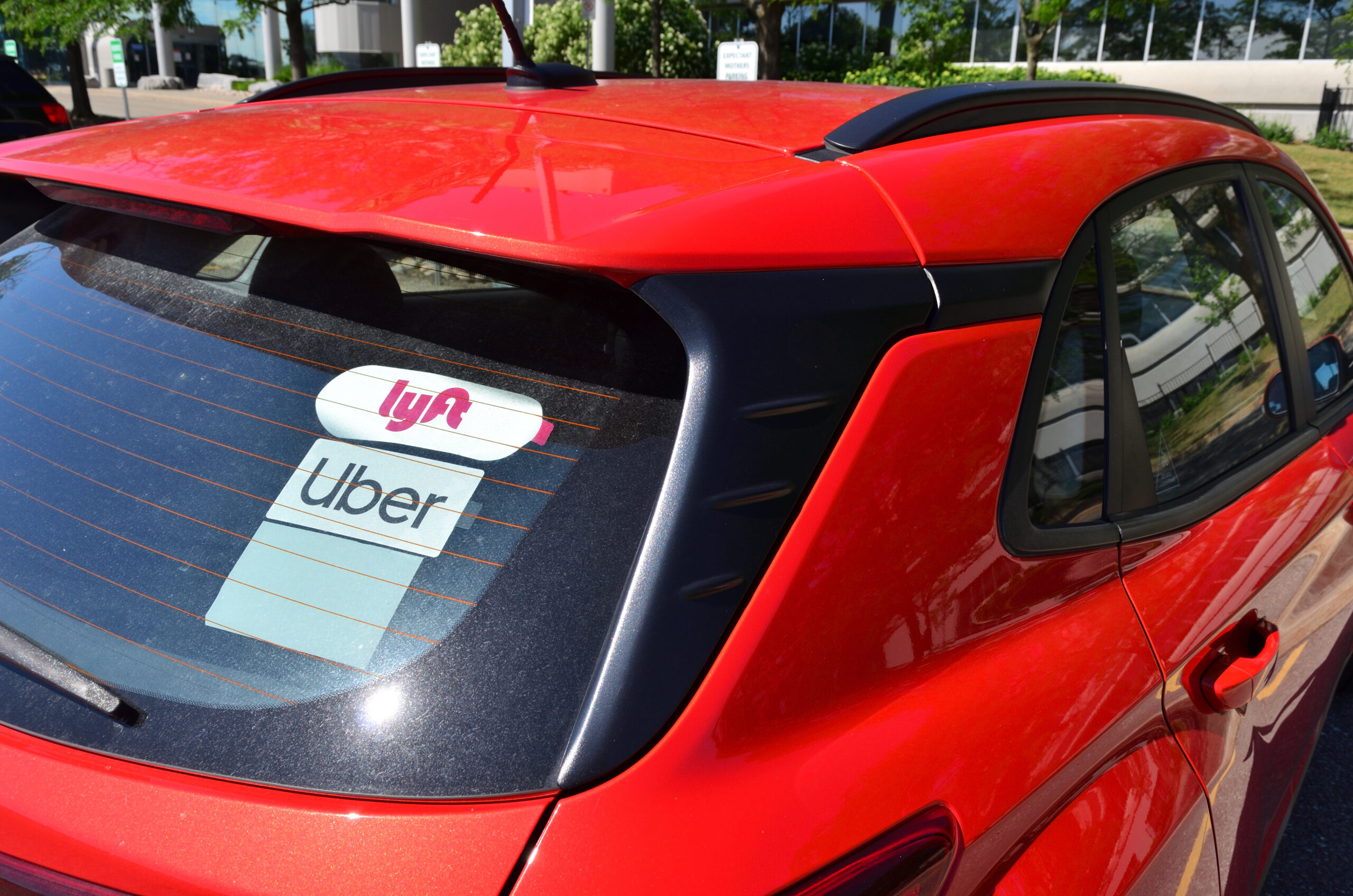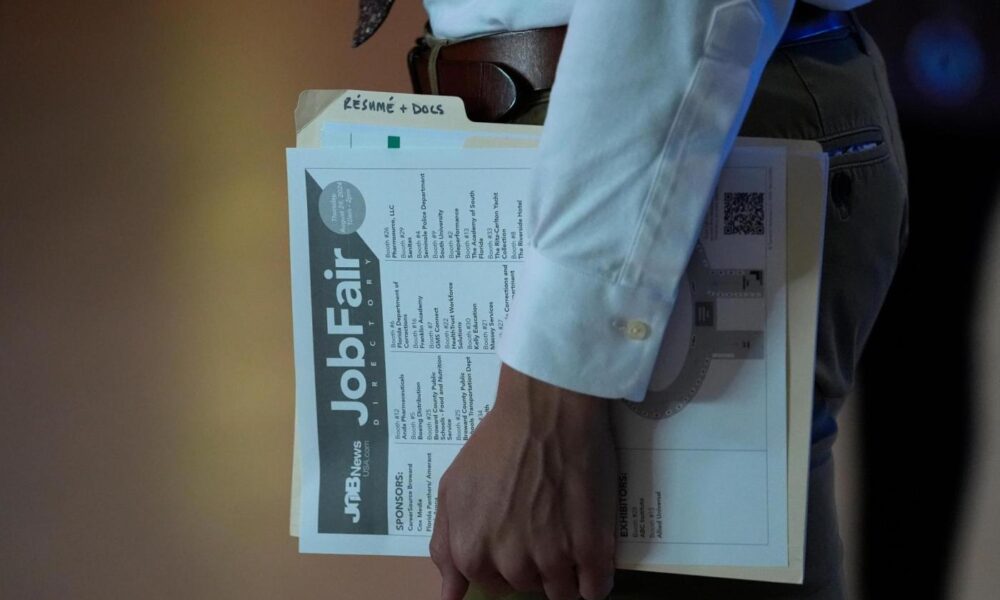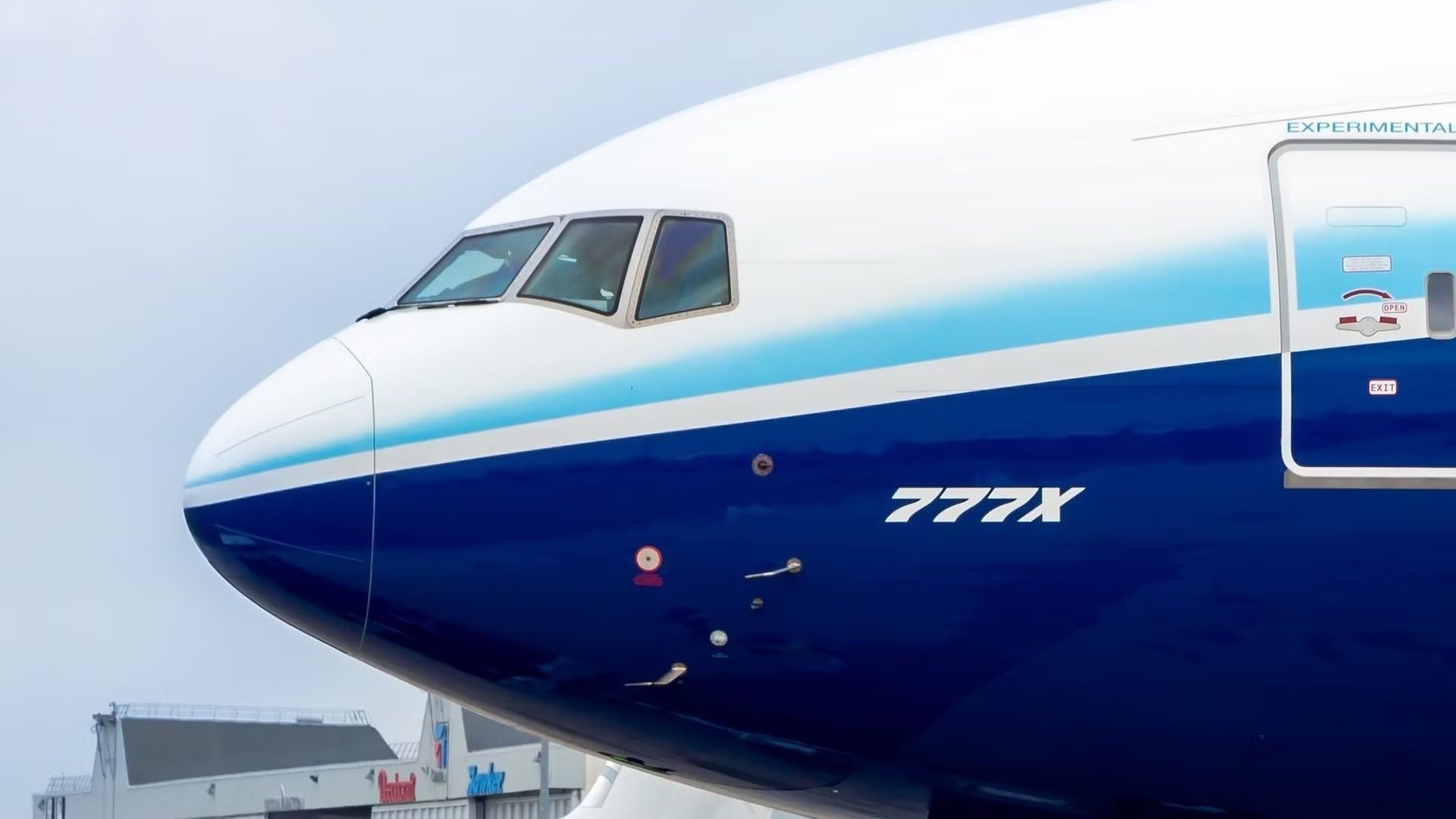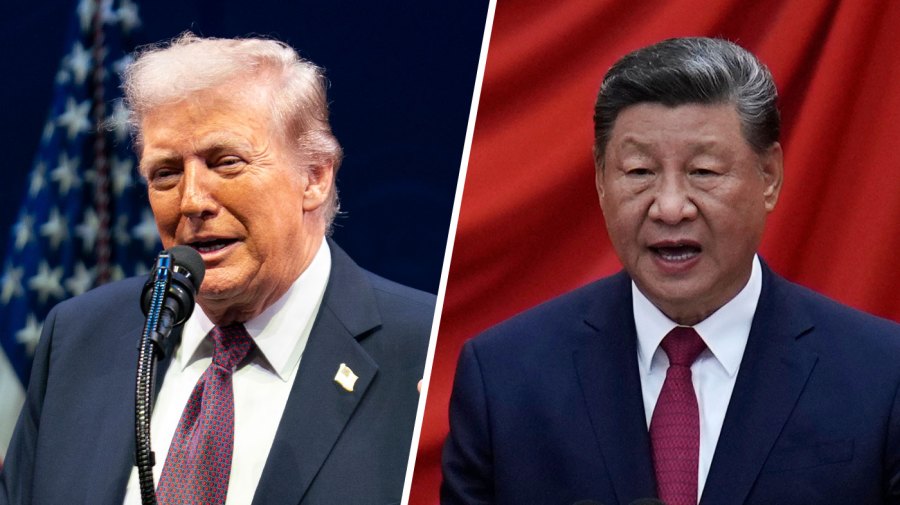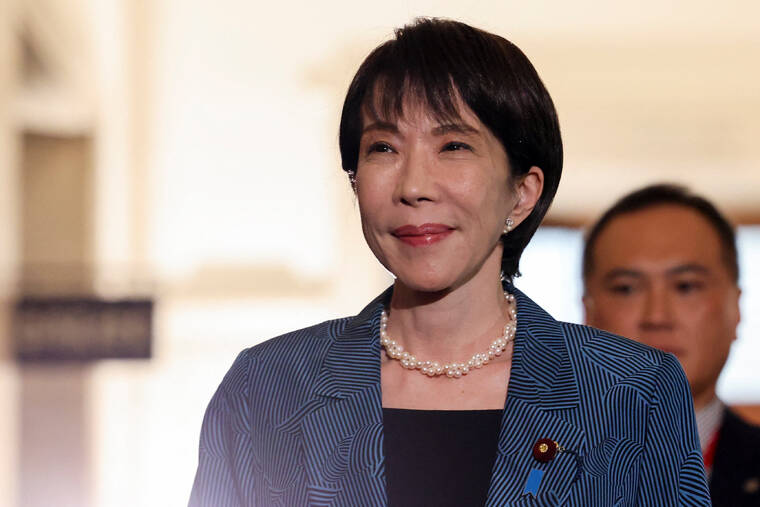New Zealand’s Supreme Court has ruled that Uber drivers are classified as employees rather than independent contractors. This significant decision, delivered on March 11, 2024, allows drivers to access essential labor rights, including minimum wage protections, paid leave, and the ability to engage in collective bargaining.
The Supreme Court’s ruling examined the nature of the relationship between Uber and its drivers, referencing Section 6 of the Employment Relations Act. This section mandates that courts identify “the real nature of the relationship” beyond the terms laid out in contracts. The court highlighted that Uber’s contractual language was designed to obscure the employment relationship, characterizing it as “window-dressing.”
The court found that despite Uber’s claims that drivers operate as independent contractors, the reality of the situation indicates otherwise. Uber is not merely a platform facilitating rides; it actively controls various aspects of the driving experience. This includes fare-setting through algorithms, GPS tracking, and a rating system that functions as a management tool.
Implications of the Ruling
The ruling underscores the traditional common law tests for employment, which include the degree of control exerted by the employer, the integration of workers into the business, and whether individuals operate their own enterprises. The court determined that Uber’s mechanisms of control over drivers demonstrated an employer-employee relationship.
Uber’s assertion that it merely connects drivers with passengers was also rejected. Instead, the court noted that passengers engage with Uber for transport services, not with individual drivers. This distinction is crucial, as it further solidifies the standing of drivers as employees.
This ruling follows a legal battle that began in 2022 and reflects a growing trend worldwide regarding the classification of gig economy workers. In recent developments, a 2023 ruling by a U.S. appellate court also deemed that Uber drivers are subject to employment contract arbitration clauses, illustrating the global implications of such legal interpretations.
As the gig economy continues to evolve, this landmark ruling in New Zealand sets a precedent that may influence similar cases in other jurisdictions. The decision reinforces the idea that contracts which do not explicitly define an employment relationship can still be interpreted as such when considering the totality of circumstances.
In light of this ruling, Uber may need to reassess its operational model in New Zealand and potentially in other markets facing similar legal scrutiny. The outcome not only impacts drivers but also raises questions about the future of gig economy platforms and their responsibilities towards their workforce.

